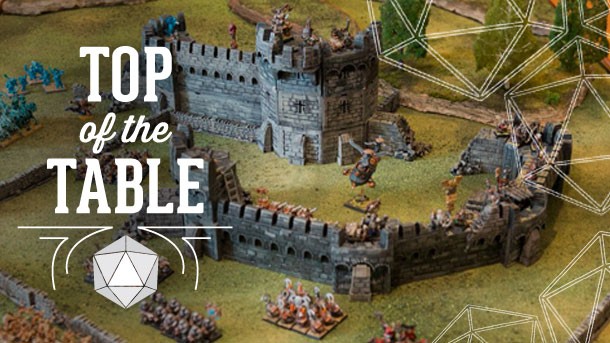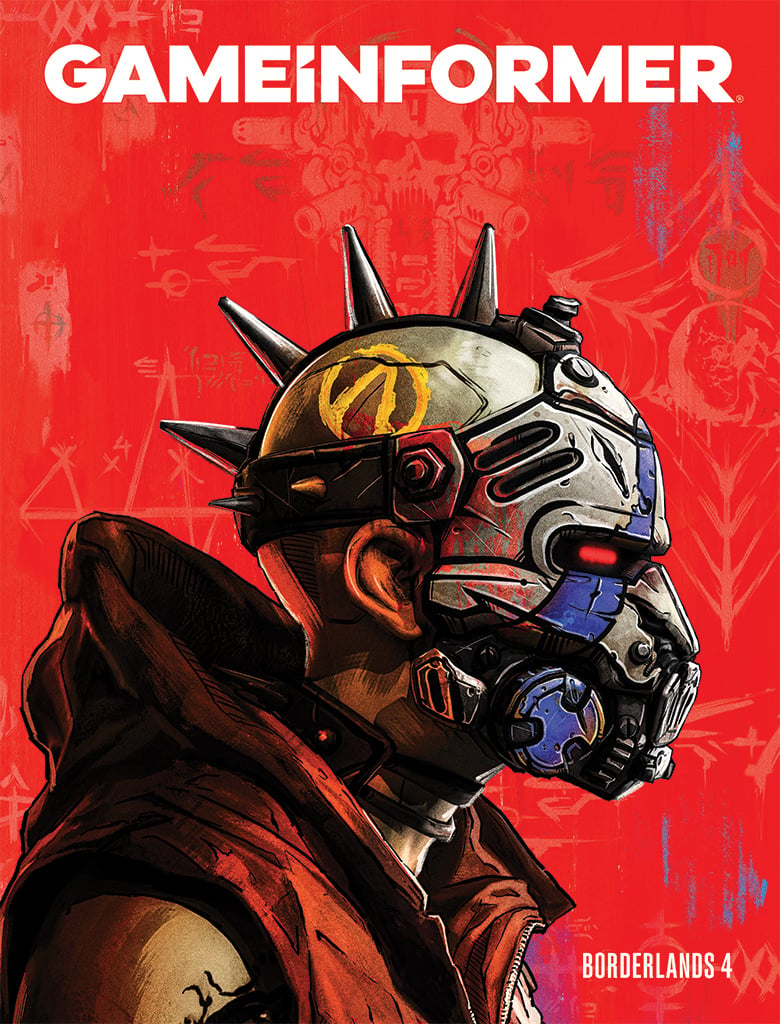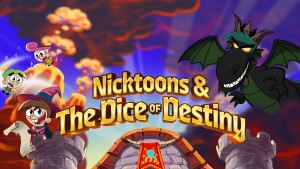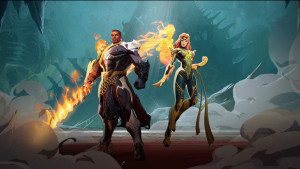Holiday Weekend Flash Sale on Our Magazine! Subscribe Now
Top Of The Table – The Other Half Of The Gaming Hobby

Growing up, I loved any video game rooted in my favorite genre of fantasy. I would rent and buy all the video games with a passing relation to dragons and wizards, regardless of quality. Like many of you, as my taste in games grew, I began to recognize how much I was limiting my own fun. While I never lost a love of classic fantasy tropes, a whole world of other video games beckoned, inviting me into other interactive settings of action, mystery, horror, science-fiction, sports, racing, puzzles, and more. Why had I spent so long with an artificial barrier that kept me from such great entertainment?
In the back of my head, that’s always the memory that comes to mind when I hear that someone loves video games, but has never dipped their toe into the other half of the gaming hobby that lives on your home tabletop. It feels like declaring that you love Italian food, but for some reason you just don’t want to try Mexican cuisine. Sure, some people just don’t like guacamole, but how would you know until you try?
Prevailing opinion suggests that tabletop and video games are fundamentally different hobbies, and I certainly acknowledge that they each branch in separate directions. But they share the same roots, and much of the same appeal. While the form of presentation and interaction is different, many of the tenets of game design are in common, whether you’re talking about the need for balance in competition, the appeal of growth and progression over the course of the game, or the link between mechanics and narrative that make a game feel cohesive.
Anecdotally, I can’t count the number of video game developers I’ve visited who trace their gaming roots back to role-playing games like Dungeons & Dragons, or early board games like Risk. Before the constraints of technology allowed for complex digital gaming, the only place to discover rich and nuanced gaming projects was on the tabletop. As both disciplines have matured, they’ve moved in often parallel and intersecting lines, and each reveal new facets of the way gaming can entertain, educate, and enrich our social interactions.
Today, no one can doubt the power of either medium. Many predictions 20 years ago suggested that video games meant the end for the tabletop hobby, but the surprising opposite effect has occurred. Even as video games soar in popularity and claim their place in popular culture, the tabletop hobby has continued to expand. The tabletop hobby convention Gen Con draws record crowds year after year. New tabletop crowdfunding ventures draw incredible support. Franchises like Dark Souls, BioShock, and XCOM attract fans, whether the product lives on a screen or a table. It seems clear that both hobbies are strong, stable, and primed for continued growth.
Game Informer has always and will always be a place for people who love video games, where a shared community can celebrate the excitement of interactive worlds and new ways to adventure. But as we’ve learned with articles like our yearly tabletop round-ups, it’s a myth that video gamers aren’t also excited about the tabletop scene. Like us, many of you have grown up enjoying both hobbies, and recognizing that a great game is a great game, no matter what form it takes.
Other readers may just now be rediscovering board, card, mini, and role-playing games, and what a time a time to do so! Close observers have marveled at the renaissance of tabletop design that has been underway in recent years, in which creators are constantly exploring new themes, game mechanics, and fictional worlds. It’s a thrilling time to embrace the tabletop side of the hobby.
For several years, Top of the Table has been an intermittent presence on our site – a way to offer occasional recommendations and enthusiasm for some of the great stuff going on in the tabletop scene. But it’s increasingly apparent that many of our readers want to learn more about this branch of gaming, and others who have loved these games for a long time want to have a more involved conversation about its merits. With that in mind, Top of the Table is jumping up into a twice-monthly column, and its scope and depth is expanding.
In future entries, I’ll continue to highlight some of my favorite tabletop games with in-depth recommendations, like my forthcoming review of Fantasy Flight’s massive Star Wars: Rebellion board game. But I’ll also explore deeper looks at tabletop game design, conduct interviews with some of the best creators working in the field, reveal exclusive looks at new games like last year's Warhammer: Age of Sigmar, and provide insight into ways you can deepen your home role-playing campaigns and enrich your home board gaming groups. Sometimes a given column might just be the best games to try in a particular situation, like titles to play with kids, great cooperative adventures, addictive competitive dueling card games, or casual party games that you can play in less than 30 minutes.
More than anything, I want to welcome gamers into a deeper discussion about tabletop games, no matter your level of previous experience with the hobby. And I want to hear from you. Email or tweet me directly from the links below, and tell me what tabletop games you want to learn about. Are you a video game player looking for a particular entry point into board games, but you don’t know where to start? Are you a longtime tabletop enthusiast, but you want a deep dive on a recently announced project? Maybe you’re even a tabletop game developer that wants to discuss your project? I’m eager to hear from you.
Everyone deserves to find the joy of gathering around a table with friends to enjoy a great game, whether that experience is a simple card game about bluffing your buddies, or a richly woven role-playing campaign that stretches across months of playtime. An endlessly rich universe of worlds and mechanics awaits discovery. Come join the conversation.
Watch for Top of the Table every other Friday here at Game Informer. To dive in right away, explore some of our previous tabletop coverage with picks for the best tabletop games of 2012, 2013, 2014, and 2015.














